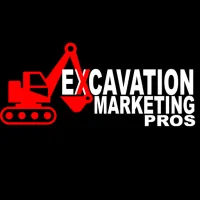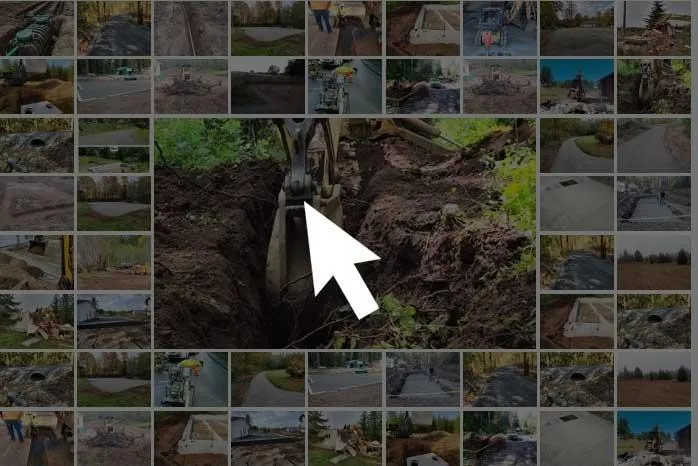The Royal Flush - Design, Install & Repair
Licensed, Bonded & Insured | Family Owned & Operated Since 1965
Licensed #WI DNR, MI EGLE
WLWCA Members | MSHA Certified
Septic System Blog
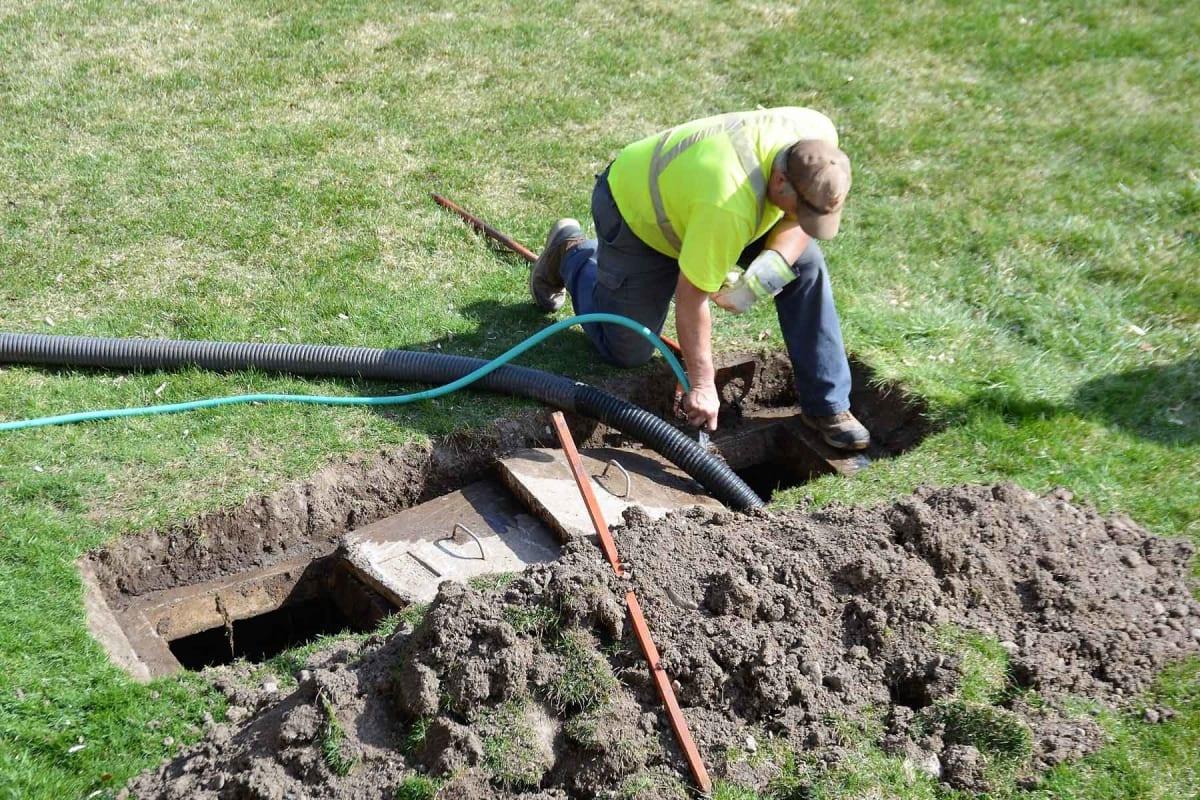
Best Time for Septic Inspection near Florence County, WI
Why Septic Inspections Matter More Than You Think
If you’re a homeowner in Florence County, there’s a good chance your home relies on a septic system. And if we had to guess, there’s also a good chance it’s not something you think about much—until something starts to smell, slow down, or back up.
It’s easy to put off septic inspections. Life gets busy. The system’s out of sight and (hopefully) out of mind. But the truth is, waiting too long—or choosing the wrong time of year—can turn a simple inspection into an expensive emergency.
We’ve worked with homeowners across Florence, Marinette, Dickinson, Iron, and Forest Counties long enough to know this: timing your septic inspection can be the difference between a minor fix and a major dig.

How the Seasons Affect Your Septic System
Septic systems don’t stay the same throughout the year. The ground shifts. Water tables rise. Frozen soil creates barriers. Here in Northern Wisconsin, the seasons aren’t just a background—they’re a major player in how your system behaves.
Here’s how weather can quietly mess with your tank and drain field:
Spring: Melting snow = saturated soil. Inspections can get messy fast.
Summer: Warm weather = dry ground and easy access.
Fall: Cooler temps, but still workable—your last solid chance before the deep freeze.
Winter: Frozen soil, buried lids, and risk of damage from digging. Not ideal.
When we talk about the “best” time for a septic inspection, we’re really talking about when it’s easiest to access, safest for the system, and most likely to catch small problems before they become disasters.
When Is the Best Time for a Septic Inspection in Florence County?
If you want the short answer: late summer to early fall.
That’s when conditions are ideal:
The ground is dry and firm.
The system has had enough time post-spring thaw to stabilize.
Access to the tank and drain field is clear.
You’ve got time to fix any problems before winter.
If you're a planner (or a procrastinator), this is your window to get ahead. Too many folks wait until spring or even winter when something’s already gone wrong. That’s when inspections become reactive—and costly.
Spring Inspections: A Fresh Start or a Risky Move?
Spring sounds like a great time to start fresh, right?
Well, not always.
While it’s common for homeowners to schedule inspections in spring (especially before selling a home), the truth is this season comes with challenges:
Soggy ground from melting snow can make it hard to inspect or even access parts of your system.
High water tables can hide problems or cause misleading results during a flow test.
Soft soil might not support heavy equipment without risk of damaging your lawn.
That said, if it’s been years since your last inspection—or you’re seeing signs of trouble—don’t wait. Just know that spring might not give the clearest picture.
Summer Inspections: Dry Soil, Clear Access, Fewer Surprises
This is usually our favorite time to inspect systems.
Why?
Soil conditions are ideal: The ground is dry and stable, making it easier (and safer) to dig, access, and test.
Fewer weather surprises: No frost. No snow. Less chance of sudden saturation.
Accurate results: You’ll get a clearer picture of how your system’s working under normal conditions.
Plus, if we do find a problem, summer gives you more time to repair or replace parts before winter rolls in.
If your system hasn’t been looked at in a few years, summer is your sweet spot.
Fall Inspections: The Last Call Before Freeze-Up
Missed summer? You still have time—but don’t wait too long.
Fall inspections are still a great option. In fact, many Florence County homeowners call us in September or October to squeeze in a checkup before the ground starts freezing.
The benefits:
Cooler temps = easier to work in.
Grass and landscaping are less of a concern.
You’ll avoid last-minute winter emergencies.
However, once we get into late October or November, things start to change. Frost sets in. Snow covers access points. Repairs get more expensive.
So if you’re thinking about a fall inspection, don’t put it off until “after hunting season.” That’s usually when the cold hits.
Why Winter Isn’t Ideal (But Sometimes Necessary)
We get this question a lot:
“Can I get a septic inspection in the winter?”
The honest answer? It depends.
If we’ve had a mild season and your system is easy to access, it’s possible. But in most cases, winter inspections in Florence County come with added costs and challenges:
Frozen lids that need to be thawed or broken open.
Snow and ice that slow access to tanks and drain fields.
Hard soil that’s rough on equipment and lawns.
Limited visibility into how your system works under normal conditions.
In short: winter inspections are possible, but rarely ideal. They’re more expensive, less reliable, and more stressful.
That said—if you’ve got sewage backing up in January, don’t wait. Call someone immediately. We’d much rather help you then than see things get worse.
Planning Ahead: How to Time Your Inspection to Avoid Emergencies
Septic issues rarely show up all at once. They build over time—quietly—until you’re standing ankle-deep in water in your basement.
Here’s how to avoid that:
Get an inspection every 3-5 years.
Schedule inspections before you sell or buy a home.
Book ahead in summer or early fall—don’t wait until our calendar is full.
Pay attention to warning signs like slow drains, smells, or soft spots in your yard.
And remember: a well-timed inspection isn’t just about today. It’s about saving you thousands tomorrow.
What Happens During a Septic Inspection?
If you’ve never had one, here’s what to expect:
We locate and uncover the tank lids (sometimes digging is required if they’re buried).
We check the liquid levels inside the tank and look for signs of leaks or backups.
We inspect the baffles and filter, making sure they’re intact and working.
We test the drain field, checking for proper drainage and any signs of failure.
We document everything, so you know what’s working—and what’s not.
The whole process usually takes about 1–2 hours. And you don’t need to be a septic expert to understand what we find. We’ll explain everything in plain language.
How Dyer Inc Helps Florence County Homeowners Stay Ahead
We’re not the biggest firm in Northern Wisconsin. We don’t have a giant fleet or flashy trucks. But that’s never been the point.
At Dyer Inc, we’re obsessed with doing the job right—and doing it in a way that fits your schedule, your property, and your peace of mind.
Whether you’re in Florence County, Marinette, Dickinson, Iron, or Forest, our goal is simple: help you stay ahead of septic problems with honest inspections, clear advice, and local know-how.
We’re homeowners too. We know what it feels like to worry about hidden costs, failed systems, and what could be lurking underground. That’s why we treat every job like we’re working on our own property.
Final Thoughts
The best time for a septic inspection near Florence County isn’t just about weather. It’s about timing it right to protect your home, your land, and your wallet.
If you’re reading this and haven’t had your system looked at in a while—or if you’re planning to sell, remodel, or build—don’t wait for problems to show up.
Reach out, ask questions, and get on the schedule before winter makes everything harder.
Because a smart inspection today is a whole lot better than a surprise excavation tomorrow.
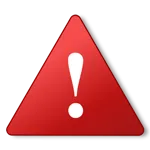
AVOID COSTLY MISTAKES:
Do NOT hire an excavating contractor without first reading our free guide:
The ULTIMATE Excavation & Septic "Success Guide."
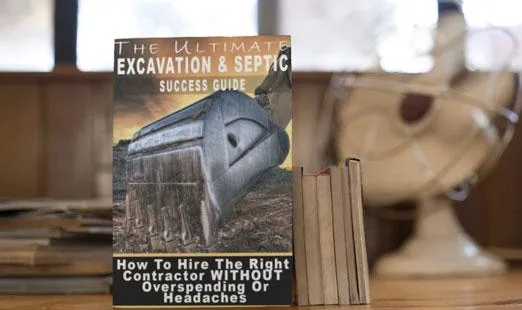
See Photos!
We Offer Septic Services Near You!
If you don't see your specific area contact us and we may still be able to help or give a referral.
All rights reserved | Privacy policy

